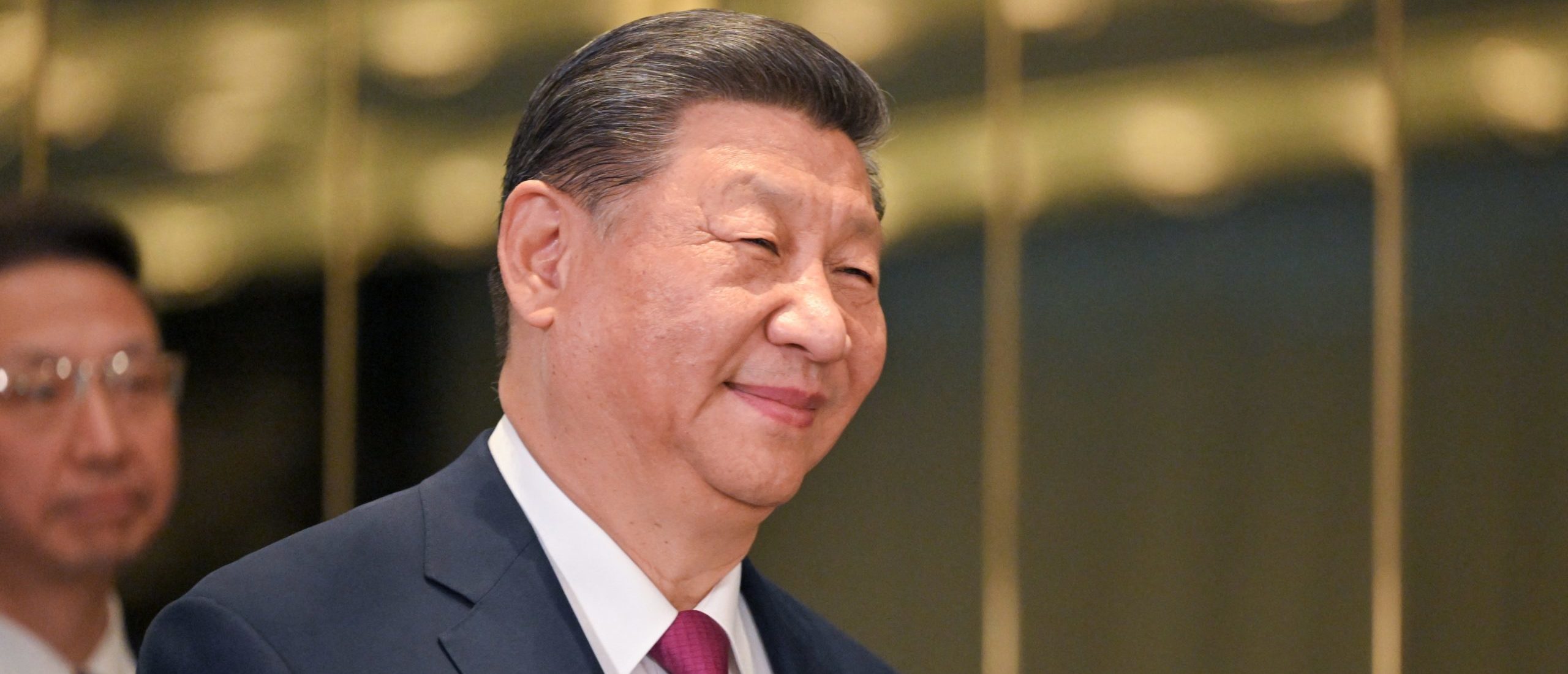A Chinese biotech company under fire from lawmakers over its ties to China’s military and multiple other firms linked to the Chinese government have made dozens of payments to government scientists, records show.
WuXi AppTec, which think tanks and the press have reported has close ties with the Chinese Communist Party (CCP) and the People’s Liberation Army (PLA), made dozens of payments to National Institutes of Health (NIH) scientists for intellectual property created in taxpayer-funded labs since 2012, according to records obtained by Open The Books via Freedom of Information Act request. At least 39 Chinese companies have paid royalties to NIH scientists for intellectual property licenses, among them subsidiaries of the state-owned pharmaceutical company Sinopharm.
Chinese firms largely paid to license scientific innovations with pharmaceutical applications produced in publicly-funded labs, with both the NIH and the scientists who worked on them taking home a cut of the proceeds. (RELATED: Chinese Military Company Backing Campaign To Tank Major National Security Bill Before Senate Vote)
WuXi AppTec and other Chinese corporations funding the NIH is a “major conflict of interests,” national security expert Brandon Weichert told the DCNF.
“Money is influence, it’s access,” Weichert said. “In some cases you have instances where these companies would send money and also would then be given favorable access in terms of being able to send their scientists to come work at labs in U.S. government-affiliated research institutions.”
Weichert alleged that Chinese scientists “in many cases” conduct espionage, citing a 2019 incident at the NIH-funded MD Anderson Cancer Center where three scientists were ousted over concerns about Chinese efforts to steal American research. Internal investigations revealed that the Chinese scientists had been accepting payments from Chinese entities in exchange for leaked intellectual property, NBC News reported.
China has repeatedly made plays to influence foreign scientists through initiatives like its “talent” plans, according to the Federal Bureau of Investigation. Through these plans, the Chinese government connects with and offers financial incentives to Western scientists in order to gain access to intellectual property and to otherwise use them to advance the CCP’s economic, military and scientific goals.
Keping Xie, one of the scientists the NIH suspected of working with China while at the MD Anderson Cancer Center, was a member of the Thousand Talents program, according to NBC News. Xie, for his part, was suspected of funneling research from the facility to the Chinese government.
Many of the Chinese companies paying NIH royalties have widely reported ties to Beijing.
For instance, the “Aviation Industry Corporation of China Military-Civic Fusion Selected Hybrid Securities Investment Fund” invested in WuXi AppTec during 2019, according to The Jamestown Foundation. The fund exists explicitly to bolster firms working in Chinese military production.
Shortly after its founding in 2000, WuXi AppTec established a CCP organization within its corporate structure in 2005, according to The Jamestown Foundation. By 2013, over 1,000 of the firm’s 7,000 employees were members of the CCP.
WuXi AppTec’s CCP Party Group Vice Secretary Lin Wenbun has stated that CCP members form “the technical backbone” of the corporation, according to The Jamestown Foundation. WuXi AppTec employees and members of the Chinese government have met on multiple occasions in recent years to discuss mutual cooperation strategies.
Employees at WuXi AppTec also worked with PLA scientists to develop altitude sickness treatments, Reuters reported.
The House passed the Biosecure Act on Tuesday, citing national security concerns, which would prevent U.S. companies from doing business with WuXi AppTec. The company and its subsidiaries have made over 100 royalty payments, according to Open The Book’s records.

China’s President Xi Jinping arrives to meet his Russian counterpart. (Photo by Sergei GUNEYEV / POOL / AFP)
Other Chinese firms sending royalty payments to the NIH and its scientists include the China National Biotec Group, a subsidiary of the Chinese state-owned pharmaceutical company Sinopharm that at one point collaborated with the Wuhan Institute of Virology, and the Wuhan Institute of Biological Products, another Sinopharm subsidiary.
The NIH and its scientists have received over $2.6 billion in royalties from a variety of sources since the 2010 fiscal year, according to records obtained by Open The Books.
Third-party organizations wishing to use intellectual property created by NIH scientists in government labs must pay to do so, according to the agency. The scientist who holds the intellectual property is entitled to the first $2,000 from a given licensee, 15% of revenue up to $50,000 and 25% of the proceeds over the first $50,000, with the remainder going to the NIH.
Scientists cannot receive more than $150,000 per license per year, according to the NIH.
Despite the quantity of funds it has taken in, the NIH has repeatedly declined to provide dollar amounts for specific royalty payments, according to Open The Books. How much money moved from WuXi AppTec and its affiliates to NIH scientists through royalty payments is not publicly known.
“For years now, the message from the NIH leadership has been the same: they’ve maintained they are fully complying with patent law,” Open the Books director of communications Christopher Neefus said. “They also say to trust them that internal firewalls are in place to keep spending decisions from being influenced by royalty payments. Well, when public health and national security implications are involved, ‘trust us’ just doesn’t suffice.”
The NIH and WuXi AppTec did not immediately respond to the DCNF’s requests for comment.
All content created by the Daily Caller News Foundation, an independent and nonpartisan newswire service, is available without charge to any legitimate news publisher that can provide a large audience. All republished articles must include our logo, our reporter’s byline and their DCNF affiliation. For any questions about our guidelines or partnering with us, please contact [email protected].
